Character Generator-AI character creation tool.
AI-powered character creation for writers and gamers.
Generate a character for a fantasy novel.
Create a character for a sci-fi RPG.
Describe a villain for a superhero story.
Invent a character for a historical fiction.
Related Tools
Load More
Consistent Character Generator 👉🏼 Fast Edition⚡️
Create consistent characters in different poses, expressions, styles, and scenes. Works for AI influencers, cartoons and other styles.
Consistent Character GPT
Art generator specializing in consistent character designs.
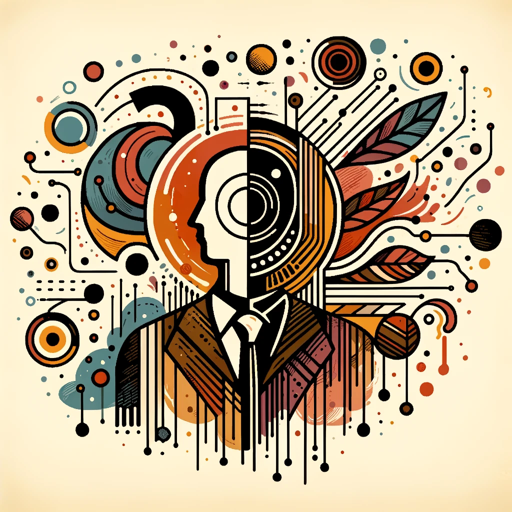
Character Architect
Crafting Characters, Cultivating Connections
Persona Generator GPT
Discover and Define Your Digital Self with Persona Generator GPT – Your Gateway to Crafting Authentic Virtual Identities!
LINE Character Generator X
君だけのLINEキャラクターを作ろう!

Character Creator GPT
Crafts and visualizes characters with DALL-E.
20.0 / 5 (200 votes)
Introduction to Character Generator
The Character Generator is designed to help users create unique and detailed character profiles for storytelling, role-playing games (RPGs), and creative writing. It leverages a mix of user input and creative algorithms to produce characters that feel realistic, multi-dimensional, and tailored to specific narrative needs. The tool can work with minimal input or elaborate character concepts, filling in gaps with imagination and coherence to create characters that suit various genres, settings, and themes. It can develop everything from physical traits, personality quirks, backstories, motivations, to relationships with other characters. For example, in a medieval fantasy setting, the Character Generator could create a noble knight with a tragic backstory, describing their upbringing, motivations, and unique personality traits, while in a sci-fi narrative, it might develop a space explorer struggling with inner demons and a strained relationship with their crew. By understanding the context in which a character will be used, the generator produces profiles that integrate smoothly into the user's world, aiding in immersive storytelling.

Core Functions of Character Generator
Character Profile Creation
Example
A writer inputs basic information about a modern-day detective character, such as 'middle-aged, cynical, male'. The Character Generator then fills out the details—adding traits like 'a recovering alcoholic with a sharp wit', a background in cyber-crime investigation, and a defining scar from a past case gone wrong.
Scenario
This is particularly useful for novelists and scriptwriters looking to quickly develop characters for their stories. It saves time and effort in fleshing out complex personalities or background details.
Custom Character Design for RPGs
Example
A Dungeon Master (DM) in a fantasy RPG campaign needs a new villain. The DM specifies 'demonic overlord with control over fire magic' and the Character Generator expands on this with 'once a fallen angel, manipulates fire to inspire fear, but secretly envies the mortals' ability to experience joy'. The profile includes physical description, powers, weaknesses, and a backstory that can be integrated into the campaign.
Scenario
In RPGs, where characters drive interaction and story progression, a DM can use this feature to populate their world with NPCs or enemies that are engaging, dynamic, and well-suited to the campaign’s theme.
Creative Writing Inspiration
Example
A writer suffering from writer’s block asks for a character idea with no specifics in mind. The generator creates a mysterious traveler from a faraway land, with intricate tattoos, a gentle voice, and a habit of collecting rare herbs—someone who avoids conflict but has a dark secret. This spark might inspire a new short story or novel concept.
Scenario
Writers or creatives stuck in developing new content can use the Character Generator to jumpstart their imagination by generating characters that bring unexpected elements to their plots.
Target Users of Character Generator
Writers and Novelists
Authors working on novels, short stories, or scripts often need to develop a diverse range of characters quickly. Whether it's protagonists, antagonists, or secondary characters, writers benefit from the generator's ability to deliver multi-dimensional profiles that fit their narrative style. It’s also a valuable tool for overcoming creative blocks.
Role-Playing Game (RPG) Players and Dungeon Masters
RPG enthusiasts, especially Dungeon Masters, use the Character Generator to create complex non-player characters (NPCs), heroes, or villains for their campaigns. Since RPGs thrive on character interaction, the tool helps build personalities that enhance player engagement, offering both depth and spontaneous inspiration for improvisation during gameplay.

How to Use Character Generator
Step 1
Visit aichatonline.org for a free trial without login, no need for ChatGPT Plus.
Step 2
Prepare a basic concept for your character, including details like setting, role, or personality traits. This will help guide the character creation process.
Step 3
Input specific requirements or questions to customize the character, such as background, appearance, and motivations. The more detail you provide, the more tailored the character will be.
Step 4
Review the generated character profile and make any tweaks. You can request changes or additional details to further refine the character.
Step 5
Incorporate the character into your story, game, or creative project. The character will come with a backstory and personality ready for immediate use.
Try other advanced and practical GPTs
SEO Keyword Research Tool
AI-Powered SEO Insights for Your Content

Veteran Advocate Assistant
AI-powered assistance for VA disability claims

Pedro, O Analista
AI-powered insights for smarter business decisions.

Headphones
AI-powered tool for smarter tasks

Pictures
AI-Powered Visual Storytelling

GPT v4.5 Unofficial
Your AI-Powered Interactive Assistant

Face Generator
AI-powered face generation for creativity
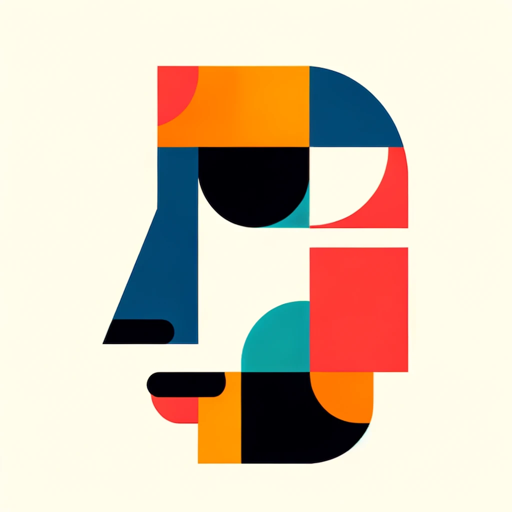
ChatFlow Creator
AI-Powered Chatbot Design Simplified

Epic Life: "Perfect Coach"
AI-Powered Coaching for Life's Challenges
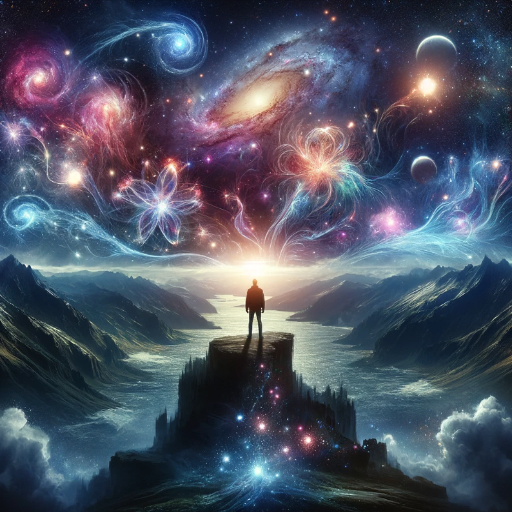
A-TranslatorGPT
AI-Powered Arabic Translation, Simplified.

Nickname Generator
AI-powered Personalized Nickname Generator
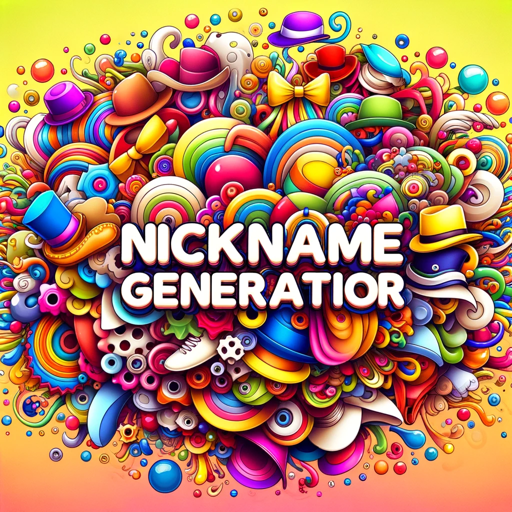
Waifu gpt
AI-Powered Emotional and Intimate Support
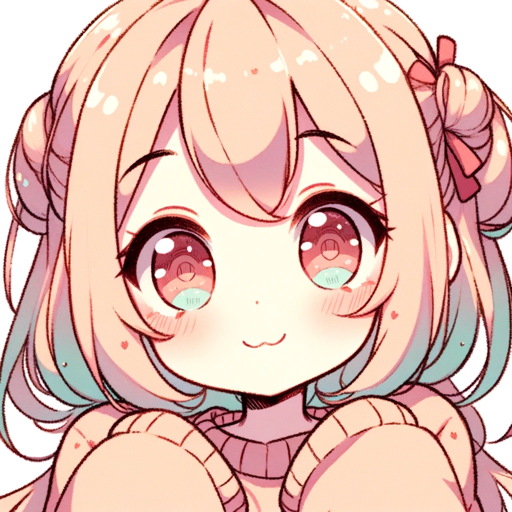
- Creative Writing
- Storytelling
- Game Design
- World Building
- Character Profiles
FAQs about Character Generator
What kinds of characters can the Character Generator create?
The Character Generator can create characters for a wide range of settings, from fantasy and sci-fi to contemporary fiction. You can specify traits such as their background, personality, physical appearance, and role in a narrative.
How specific should my input be when creating a character?
The more specific your input, the more tailored the character will be. You can provide as much or as little detail as you like, including things like age, profession, backstory, and personality traits. If you're unsure, the tool will generate creative defaults.
Can I modify the character after it's generated?
Yes, you can request additional tweaks to the character profile. If certain aspects don’t fit your needs, you can ask for further customization or clarification.
Is Character Generator useful for role-playing games (RPGs)?
Absolutely! The Character Generator is perfect for RPGs, allowing game masters and players to generate detailed and unique characters that fit seamlessly into any campaign or game world.
What are some common use cases for Character Generator?
Common uses include creating characters for fiction writing, world-building for tabletop RPGs, video game development, scriptwriting, or even as a brainstorming tool for creative workshops.